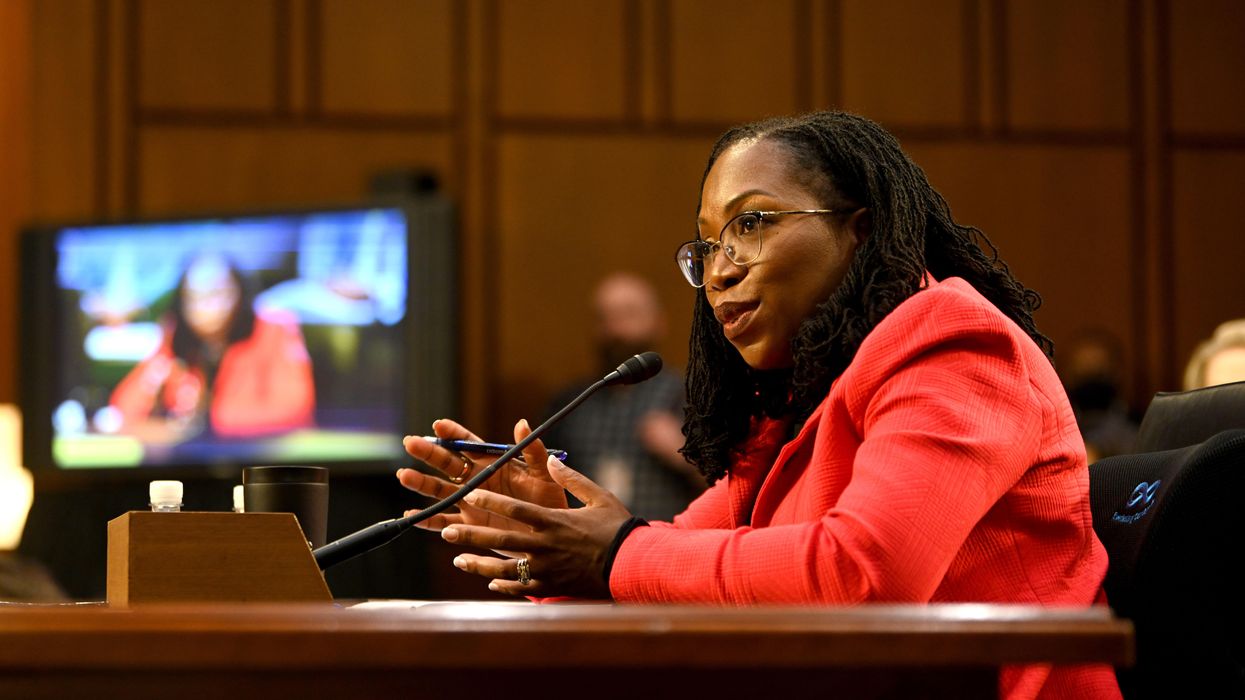This fact brief was originally published by Wisconsin Watch. Read the original here. Fact briefs are published by newsrooms in the Gigafact network, and republished by The Fulcrum. Visit Gigafact to learn more.
Has Joe Biden appointed more Black women as federal appeals court judges than all previous presidents combined?
Yes.
Thirteen of the twenty-one African-American women who have served on the U.S. Courts of Appeals were nominated by President Joe Biden.
They are Nancy Abudu, DeAndrea Benjamin, Julianna Childs, Tiffany Cunningham, Stephanie Davis, Dana Douglas, Arianna Freeman, Ketanji Brown Jackson, Candace Jackson-Akiwumi, Eunice Lee, Tamika Montgomery-Reeves, Doris Pryor and Holly Thomas.
Biden also nominated Brown Jackson to serve as the first Black woman on the U.S. Supreme Court.
The other eight Black, female U.S. appellate judges were appointed by Democratic presidents Jimmy Carter (1); Bill Clinton (3); and Barack Obama (2); and by Republican President George W. Bush (2).
Appellate judges determine whether the law was applied correctly in trial courts.
The appellate judges claim was made May 9, 2024, on Milwaukee talk radio by Democratic National Committee chair Jaime Harrison.
This fact brief is responsive to conversations such as this one.
Sources
Federal Judicial Center Black female federal appeals court judges
People for the American Way 70 Years Since Brown: Advancing Diversity in the Courts
Defender Services Office President Biden Has Confirmed 150 Federal Judges. 100 Are Women
American Presidency Project ICYMI: President Biden Now Has 129 Federal Judges Confirmed – More Than Last 3 Presidents
Federal Judicial Center Biographical Directory of Article III Federal Judges, 1789-present
101.7 The Truth A.I. Terrorism in Milwaukee! | The Truth Sherwin Hughes




















